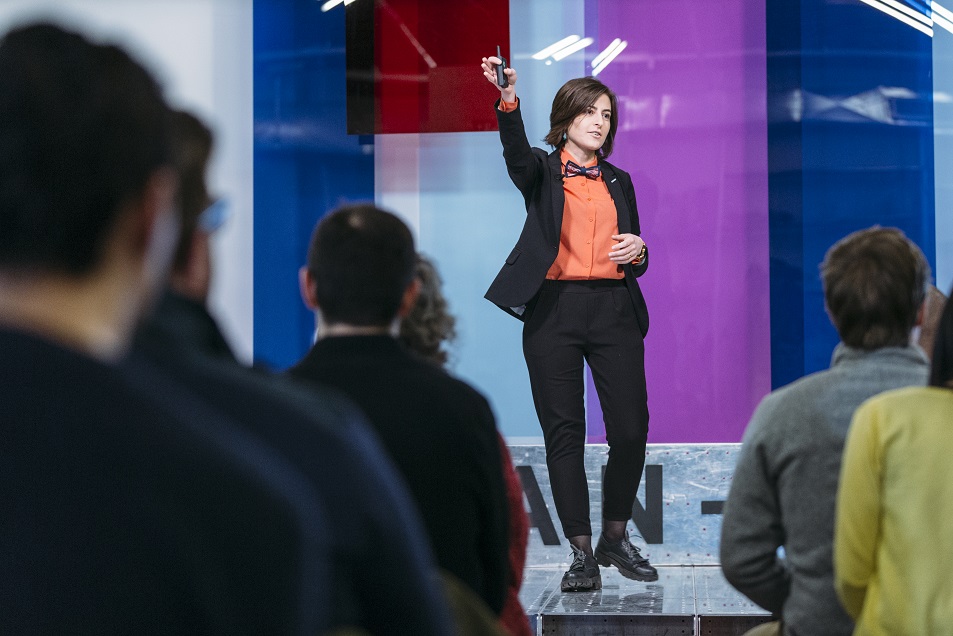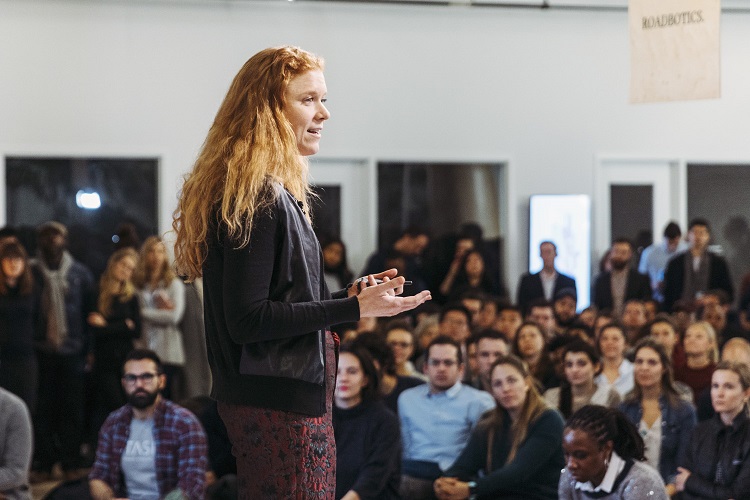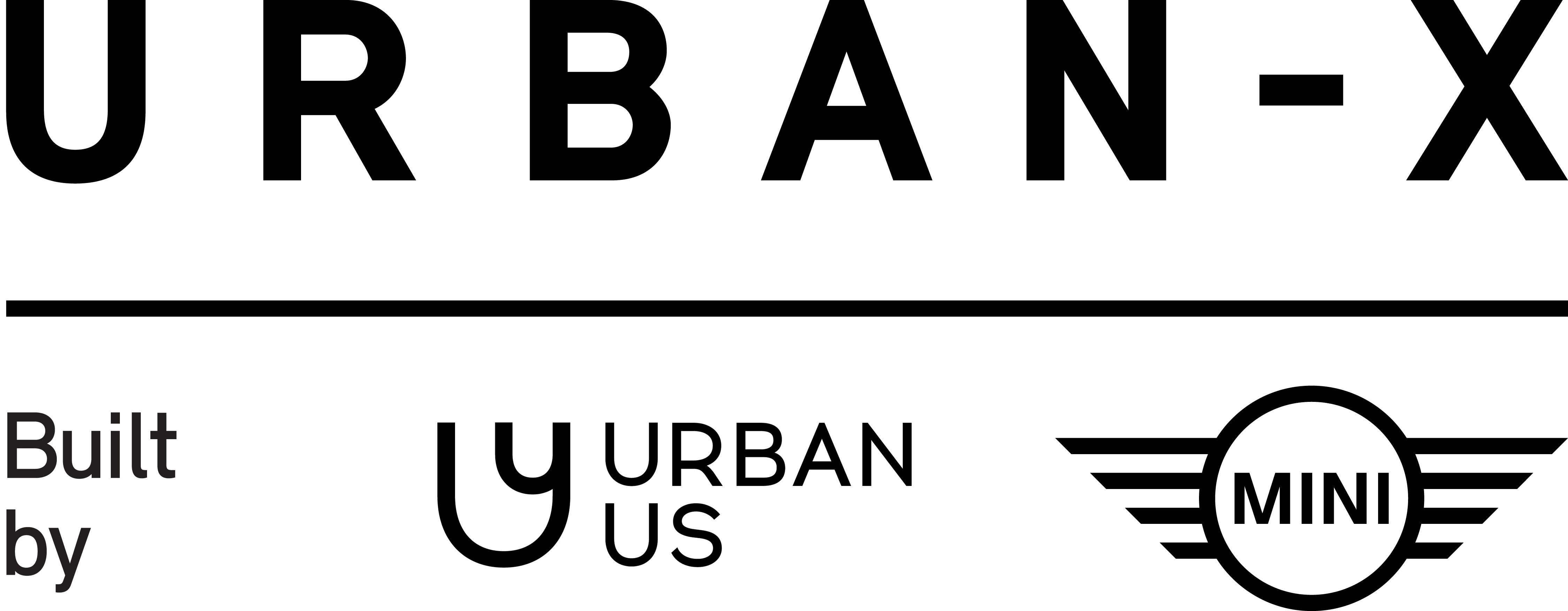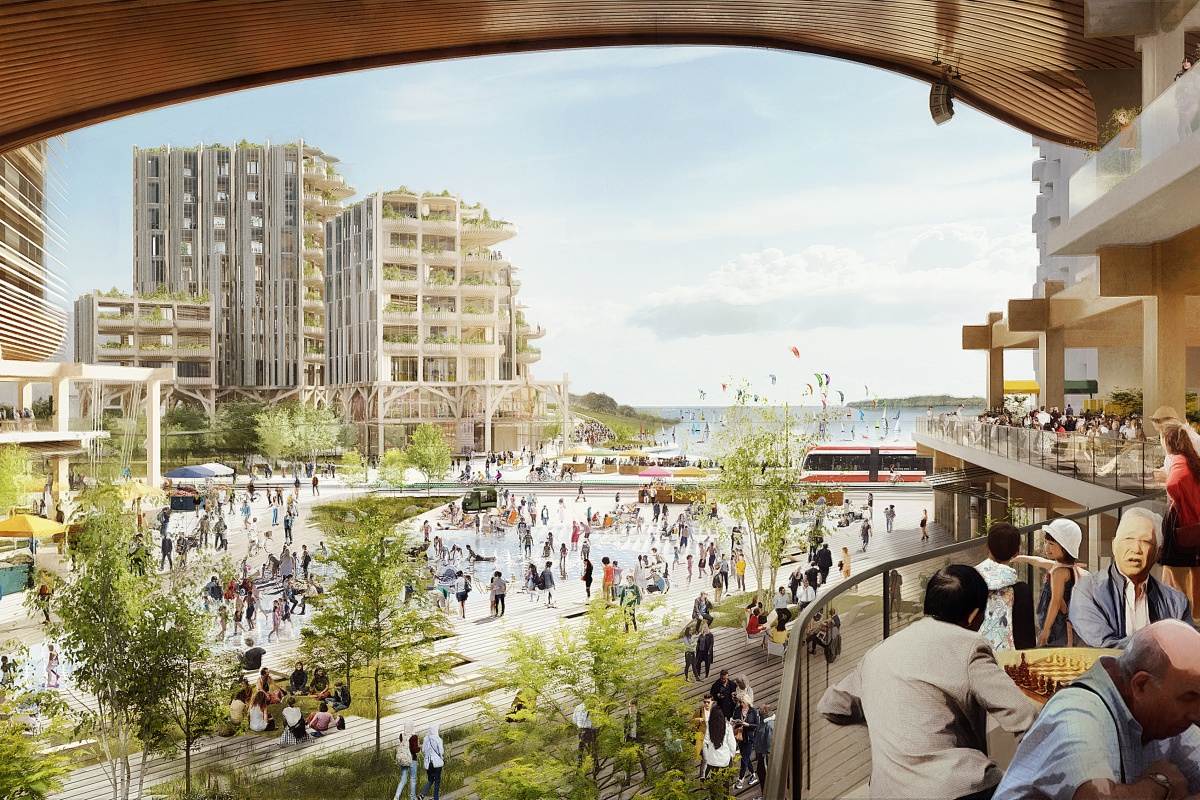
Photo: URBAN-X_1118
City life reimagined
29 March 2019
Cities play a central role in innovation and creation of economic opportunity. And since the early days of human civilisation, cities have depended on technology to improve quality of life. That’s one of the core principles behind URBAN-X, the urbantech start-up accelerator built by MINI and Urban Us.
Each new advance–from Roman aqueducts to Manhattan’s electrical grid–solved problems from a previous generation and created huge opportunities for the next. For eons, the often brutal challenges of urban life turned cities into crucibles of innovation, culture, economic vibrancy, and creativity.
Most of today’s ubiquitous technologies emerged from the demands of city living: Street lighting. The elevator. The automobile above ground, and the subway below. The telephone, smartphone, and the cellular networks that power them. And emergency telephone numbers.
A century ago, General Electric was a startup bringing the first electricity grid to life in downtown Manhattan. Not far away, Otis Elevator came to life in Yonkers, New York. Today, with Uber, Lyft and Airbnb, the cycle continues, only now with multiple new technologies and platforms, more capital, and a more sophisticated startup ecosystem.
While each new generation of technologies enabled cities to grow for every positive outcome, there were also unintended negative consequences–everything from traffic and affordable housing shortages to CO2 emissions and job displacement. As odd as it may seem in the age of digital transformation and the Internet of Things, modern cities struggle to be early adopters of tech.
As consumers, we constantly fiddle with new products and services; if they don’t work, we move on. But this is much more challenging for leaders charged with running cities. What happens if a new 911 emergency number system fails? What is an acceptable risk when trying new road surfacing materials? What’s an acceptable failure rate for a self-driving bus?
It’s not just city government that has to worry constantly about the public interest. Private organisations manage a great deal of what makes cities possible. Real estate firms, utilities, logistics companies, and others grapple with questions such as, ‘How will new energy storage behave in the next hurricane? How do I work with water equipment installed inside a customer’s home when I’ve spent decades just delivering water to their home?’
Start-ups are uniquely positioned to solve urban problems, but they face unique challenges when working with cities and the large, established industries that manage critical city services and infrastructure.
 That’s why URBAN-X was created–to help a new class of urbantech pioneers engineer the city-as-a-service and steer past the roadblocks; from how best to work with city governments and highly regulated marketplaces such as energy and real estate, to dealing with slow budget cycles and local bureaucracies. MINI experts guide founders in design, manufacturing, engineering, marketing, community building and branding. Urban Us connects startups with the leading community of founders, investors, companies and city officials.
That’s why URBAN-X was created–to help a new class of urbantech pioneers engineer the city-as-a-service and steer past the roadblocks; from how best to work with city governments and highly regulated marketplaces such as energy and real estate, to dealing with slow budget cycles and local bureaucracies. MINI experts guide founders in design, manufacturing, engineering, marketing, community building and branding. Urban Us connects startups with the leading community of founders, investors, companies and city officials.
Together, MINI and Urban Us have helped capitalise over 50 start-ups who are working with more than 100 global cities. Eighty five percent of our teams have gone on to raise their next round of capital. Each start-up pursues an aspirational goal: to get their solution into 100 cities within the next five years.
Among our portfolio are companies like 1Concern using machine learning to save lives in cities like San Francisco and Los Angeles with real-time assessment of natural disasters like earthquakes. Rachio has shipped a top selling consumer irrigation device to communities throughout the United States and is now become part of the infrastructure used by municipal water systems to reduce demand on scarce water resources. Numina is making cities more responsive by empowering them with the most comprehensive and dynamic view of multimodal traffic yet. They’re working with six top-50 metro cities and in less than two years are emerging as the leader in street-level intelligence.
Currently, we’re working with seven start-up teams and applications are open now for our next cohort, which will kick off this summer in New York City.
We work with founders who have proven it’s possible to build startups that deliver both public benefits and outsized venture returns. They’ve attracted funding from many of the best known venture firms and count some of the best known public and private organisations as their customers.
We can’t make startups easy, but we’ve developed a program and a playbook to increase your chances of building not just great companies, but the great cities of tomorrow–today. Here’s a look at some of our alumni companies, and how–and where–they are already making a difference.
Faster, safer construction projects
 Versatile Natures quickly gathers and analyses data about construction site operations. In Israel and the US, the company has already demonstrated that it can improve productivity and safety.
Versatile Natures quickly gathers and analyses data about construction site operations. In Israel and the US, the company has already demonstrated that it can improve productivity and safety.
Real-time, high-resolution urban satellite imagery
Swiftera provides imagery of urban environments at a higher resolution, lower cost and higher update rate than satellite systems. Clients continue to expand use cases for the imagery for everything from insurance to planning.
3D-printed antennas for advanced radar
Lunewave has solved traditional performance issues that have limited adoption for radar for machine vision applications like autonomous vehicles. Their Luneburg lens and antennas gives Tier 1 suppliers and OEMs like BMW access to radar with similar performance to LIDAR, but without the failure modes associated with adverse weather conditions.
AI-powered road diagnostics
RoadBotics builds on research from Carnegie Mellon University to automate the inspection and analysis of streets. They precisely identify and rate a wide array of important roadway features and conditions, including cracks, potholes, signage, vegetation, debris and other characteristics. The company is currently serving nearly 100 municipal customers around the world.
Optimizing use of public spaces
Qucit–short for Quantified Cities–applies artificial intelligence to optimise the operation of urban spaces. The company works with cities and businesses like Paris’s Velib (the largest bikeshare outside China) to help them increase quality of service for citizens by assuring availability of shared resources like shared bikes and public spaces.
The evolution of our energy grid
Blueprint is transforming real estate assets into energy assets. They are building a suite of data-driven, machine learning tools that automates the curation, operations, and cash flow management for a new class of energy systems and marketplaces.
Brought to you by:
URBAN-X is a five-month programme based in Brooklyn and designed to solve city-scale challenges. Built by MINI and Urban Us, the programme serves founders from around the globe working to transform cities. Beyond our US$150,000 investment in each team, we provide design, communications and engineering support and help teams connect with more than 2,000 founders, investors and customers who have been working to help our 50+ portfolio companies re-imagine city life.
While we work with many ventures in mobility/transport and real estate, we’d love to meet teams working in areas like energy, industrial applications, smart commerce, security, food, water and waste. Think you’ve got the right technology and team? Learn more or apply for our next programme today.









